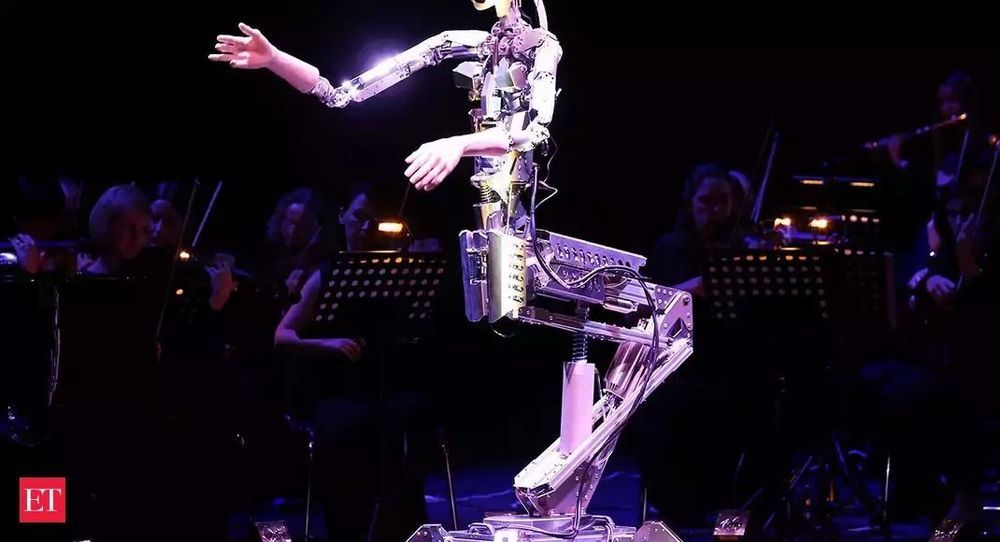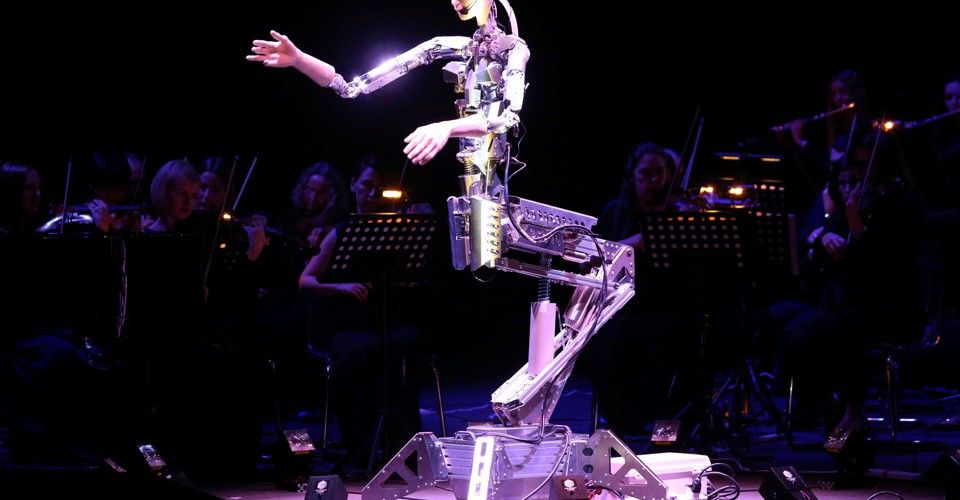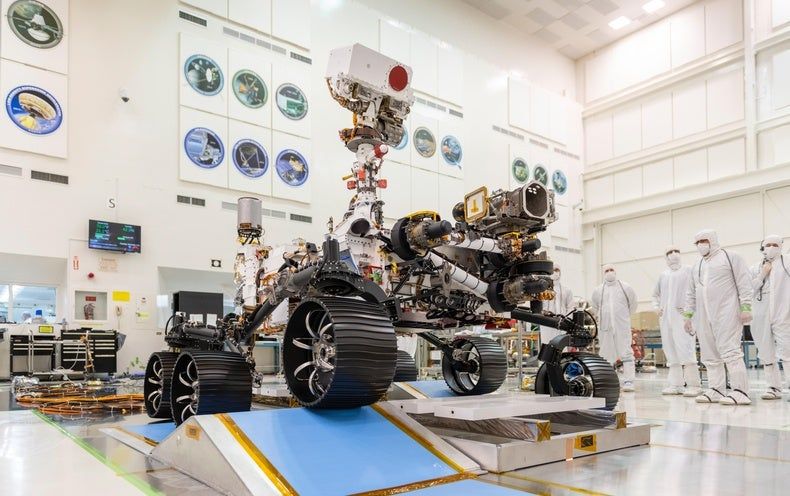It hopes to create an AI that can control 250 robots at a time.




AMD’s upcoming Radeon Instinct MI100 HPC accelerator which would feature the Arcturus GPU has been spotted by Komachi. The existence of the AMD Arcturus GPU was confirmed all the way back in 2018 and two years later, we are finally starting to get details regarding the specifications for AMD’s next HPC/AI accelerator.
AMD Arcturus GPU Powered Radeon Instinct MI100 HPC / AI Accelerator Features 32 GB HBM2, 200W TDP In Early Prototypes
The “Arcturus” codename comes from the red giant star which is the brightest in the constellation of Bootes and among the brightest stars that can be seen from space. Similar to Vega and Navi, both of which are also some of the brightest stars visible in the night sky, the naming scheme takes inspiration from the time since RTG was created and the founding father, Raja Koduri (ex AMD RTG President), put a lot of emphasis on bright stars when they first introduced Polaris.

Advancements in robotics are continually taking place in the fields of space exploration, health care, public safety, entertainment, defense, and more. These machines—some fully autonomous, some requiring human input—extend our grasp, enhance our capabilities, and travel as our surrogates to places too dangerous or difficult for us to go. Gathered here are recent images of robotic technology, including a machine built to draw portraits, battle robots, a dance performance, an autonomous mobile vending machine, an art installation, an agri-bot, a robotic priest, a Mars rover, a grocery-store bot, and much more.


Facial recognition technology is likely not as safe as you may have thought. This was illustrated by a recent test where 3D printed busts of peoples’ heads were used to unlock smartphones.
Out of five tested phones, only one refused to open when presented with the fake head.
Other biometric security measures are also showing less resilience to hacking than you might expect. A group of Japanese researchers recently showed it was possible to copy a person’s fingerprints from pictures like the ones many of us post on social media.
Artificial intelligence and robotics architectures are often inspired by patterns occurring in nature, both in humans and animals. Patterns of movement observed in animals have been replicated in robots via a number of shape-changing mechanisms such as chemical swelling, skin stretching or origami morphing.
Researchers at Seoul National University’s Soft Robotics Research Center in South Korea and the Rebikoff-Niggeler Foundation (FRN) in Portugal have recently developed a robotic architecture structurally inspired by the pelican eel, a species of fish that lives in the deep sea. Their architecture, presented in a paper published in Science Robotics, is among the latest of a series of designs inspired by animals or naturally occurring phenomena.
“Over the past few years, we have been working on several bio-inspired robots, including the water strider-inspired water-jumping robot published in Science, as well as origami-inspired transformable robots and soft robots,” Prof. Kyujin Cho, corresponding author and lead researcher for the study, told TechXplore. “Our research on stretchable origami can be considered as an integration of our previous works.”
On Friday we wrote about Samsung’s mysterious “artificial human” project Neon, speculating that the company was building realistic human avatars that could be used for entertainment and business purposes, acting as guides, receptionists, and more.
Now, a tweet from the project’s lead and some leaked videos pretty much confirm this — although they don’t give us nearly enough information to judge how impressive Neon is.
The lead of Neon, computer-human interaction researcher Pranav Mistry, tweeted the image below, apparently showing one of the project’s avatars. Mistry says the company’s “Core R3” technology can now “autonomously create new expressions, new movements, new dialog (even in Hindi), completely different from the original captured data.”

